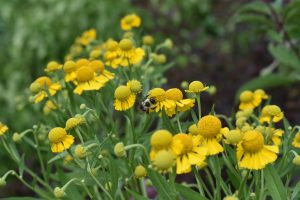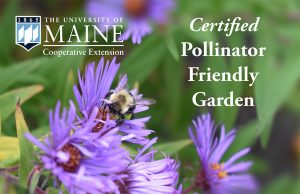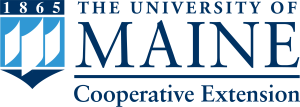Pollinator-Friendly Gardening
Transform your garden into a haven for pollinators.
Pollinators are vital to our ecosystem and food system, but they face challenges from pesticide use and habitat loss.
By providing food, water, and shelter in your garden and protecting that habitat, you can create a pollinator-friendly space.
Certification Requirements
Learn More:

Certify Now Thanks for your interest! We are temporarily not accepting applications, and will resume soon. Please check back!
While you wait, we recommend you start planning for your application. Please visit each of the certification requirement steps and start a list of your native plants for each season. We will begin accepting 2026 Applications in the spring.
Perks of Certification:
- Personalized certificate
- Exclusive option to purchase an official sign
Why get certified?
- Support pollinators and the ecosystem
- Spread the word about the importance of pollinators
- Inspire your neighbors
- Create a more eco-friendly and sustainable landscape
Visit a certified pollinator garden for inspiration
Map of public certified gardens.
For questions or assistance contact extension.pollinators@maine.edu or call 207.581.3188.
Materials were adapted from Penn State’s Pollinator program, developed by Penn State Master Gardeners in collaboration with the Center for Pollinator Research.
Thanks to our friends at the Maine Department of Agriculture, Conservation and Forestry and Maine Audubon for their support with reviewing the materials for this program.



